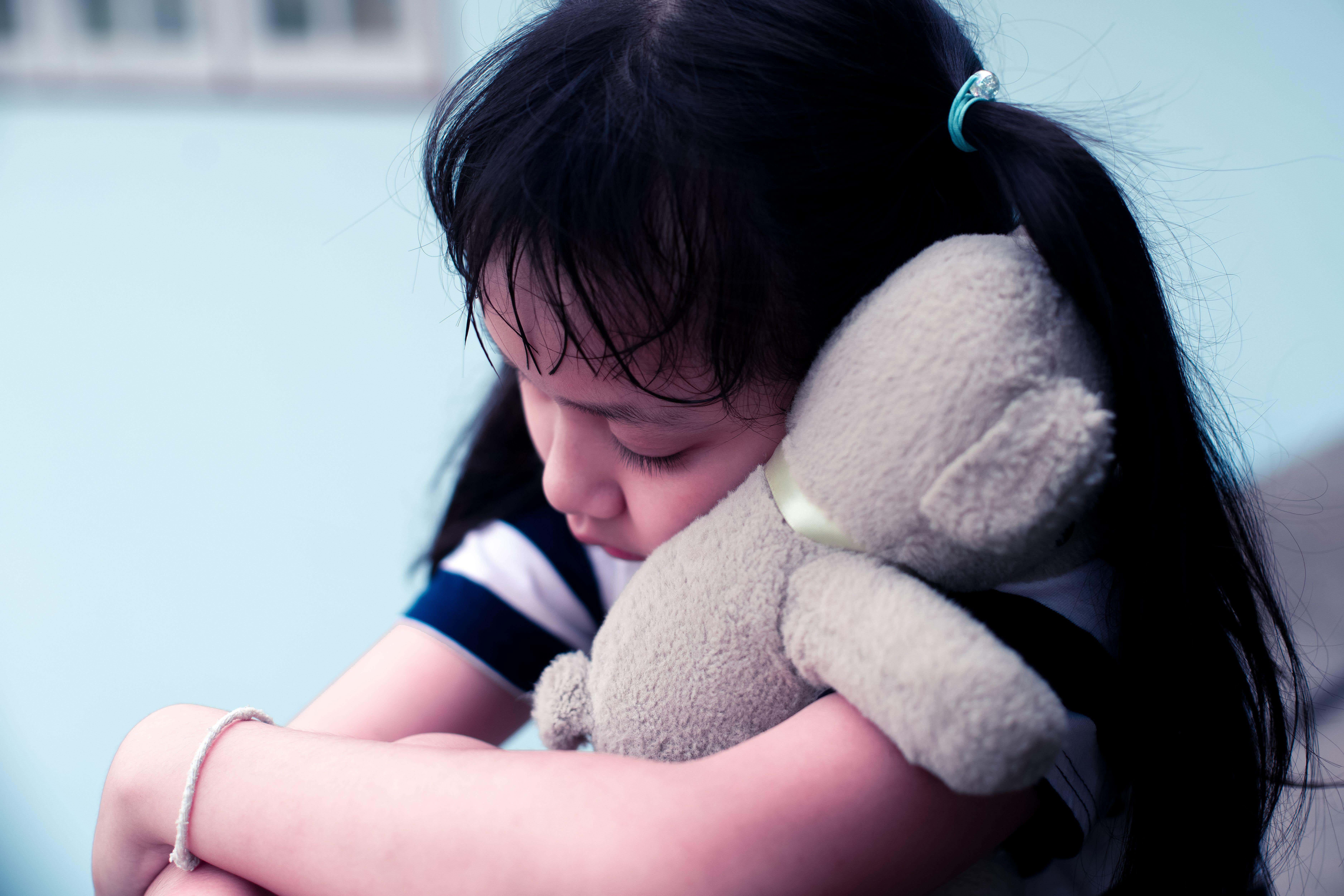Thousands of homeless children in temporary homes don’t have their own bed
Charity Shelter says housing emergency is ‘robbing children of a secure childhood’

Your support helps us to tell the story
From reproductive rights to climate change to Big Tech, The Independent is on the ground when the story is developing. Whether it's investigating the financials of Elon Musk's pro-Trump PAC or producing our latest documentary, 'The A Word', which shines a light on the American women fighting for reproductive rights, we know how important it is to parse out the facts from the messaging.
At such a critical moment in US history, we need reporters on the ground. Your donation allows us to keep sending journalists to speak to both sides of the story.
The Independent is trusted by Americans across the entire political spectrum. And unlike many other quality news outlets, we choose not to lock Americans out of our reporting and analysis with paywalls. We believe quality journalism should be available to everyone, paid for by those who can afford it.
Your support makes all the difference.Tens of thousands of homeless children in temporary accommodation do not have a bed of their own or space to play in, research suggests.
They are also arriving at school late, tired and hungry and are struggling to maintain friendships, according to research by Shelter.
Some 120,710 children in England were homeless and living in temporary accommodation between April and June, the latest available Government figures show.
This equates to one in every 100 children across the country, Shelter said.
It believes the numbers are likely to have grown over the last six months and will continue rising as the cost-of-living crisis worsens.
Shelter said the housing emergency is “robbing children of a secure childhood”.
It surveyed more than 800 families with 1,600 children living in temporary accommodation.
This is provided by councils to eligible families who become homeless and can take the form of emergency hostels, B&Bs and one-room bedsits.
The survey, funded by Trust for London and Joseph Rowntree Foundation, found 35% of homeless parents said their children do not have their own bed and are forced to share with another family member.
Some 61% said their children lack space to play in their temporary accommodation, while 45% said their children have gone to school tired, late or hungry as a result of their living situation.
The housing emergency is robbing children of a secure childhood. Thousands of homeless children are turning up to school too tired to learn – hardly surprising when one in three have to share a bed. Something has gone very wrong when children cannot play because their temporary accommodation is too cramped even for toys, and no friends are allowed to visit
More than a quarter (28 per cent) reported that their children were finding it hard to make or keep friends.
Shelter said this could be the result of children feeling embarrassed over where they live or being unable to have friends round to play because of a lack of space or rules on visitors.
A quarter (26%) of parents surveyed said their children are often unhappy or depressed as a result of living in temporary accommodation.
Shelter expects thousands more families to become homeless this winter if the Government does not raise housing benefit.
Shelter chief executive Polly Neate said: “A grotty hostel or B&B is not a home, but this is where thousands of homeless children are forced to live.
“And many more children will be thrown into homelessness as their parents can no longer afford to keep a roof over their head.
“The housing emergency is robbing children of a secure childhood.
“Thousands of homeless children are turning up to school too tired to learn – hardly surprising when one in three have to share a bed.
“Something has gone very wrong when children cannot play because their temporary accommodation is too cramped even for toys, and no friends are allowed to visit.”
The charity is urging the public to support its campaigning work and frontline services.
A Government spokesperson said: “No child should be without a roof over their heads. Councils have a duty to provide accommodation and we’ve provided them with £366 million this year to ensure they can find suitable accommodation, and we will bring forward legislation in the new year to ban Section-21 no-fault evictions.
“We are also providing cost of living payments worth £1,200 to the eight million most vulnerable families to help this winter.
“Temporary accommodation is always a last resort, but a crucial safety net to ensure families have somewhere safe to stay.”